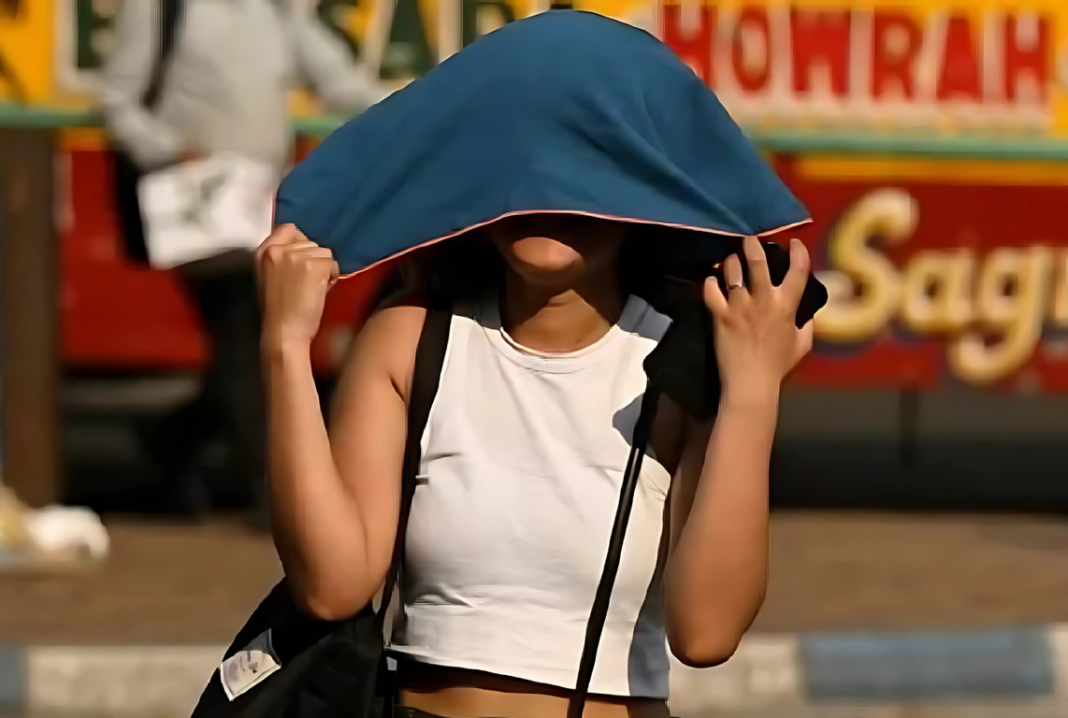As temperatures soar, the risk of heat-related illnesses increases significantly. The Indian Meteorological Department has issued heatwave warnings in various regions, emphasizing the importance of staying informed about potential health threats. Summer often brings a spike in certain diseases, but with the proper precautions, you can safeguard yourself and your family. Below, we discuss the most prevalent summer diseases and effective prevention strategies.
Contents
1. Heat Stroke (Hyperthermia)
Heat stroke is a severe medical emergency that occurs when prolonged exposure to extreme heat causes the body to overheat. Symptoms include headache, dizziness, nausea, weakness, and, in severe cases, fainting or even death. To prevent heat stroke:
- Stay hydrated by drinking plenty of water.
- Avoid direct sunlight during peak hours (12 PM to 3 PM).
- Utilize cooling methods like ice packs, fans, and air conditioning.
- Wear light, loose-fitting cotton clothing.
2. Food Poisoning
Summer’s warm and humid climate promotes bacterial growth, increasing the likelihood of food poisoning. Contaminated food or water can cause abdominal pain, nausea, vomiting, and diarrhoea. To lower your risk:
- Avoid street food and undercooked meat.
- Wash fruits and vegetables thoroughly before consumption.
- Store food properly to prevent bacterial contamination.
- Drink only purified or boiled water.
3. Dehydration
Dehydration happens when the body loses more fluids than it takes in, often due to excessive sweating. Symptoms include dry mouth, dizziness, fatigue, and low urine output. To stay hydrated:
- Drink water frequently, even if you don’t feel thirsty.
- Consume electrolyte-rich drinks like ORS, coconut water, and lemon water.
- Limit intake of caffeine, alcohol, and sugary beverages.
4. Mumps
Mumps is a highly contagious viral infection that commonly affects children in summer. It spreads through respiratory droplets from coughing and sneezing. Symptoms include swollen and painful salivary glands, fever, and sore throat. To prevent mumps:
- Ensure children receive the MMR vaccine.
- Maintain good hygiene by washing hands frequently.
- Avoid close contact with infected individuals.
5. Chickenpox
Chickenpox thrives in hot and humid weather, causing itchy blisters, fever, appetite loss, and headaches. To reduce the risk:
- Get vaccinated against chickenpox.
- Avoid scratching blisters to prevent scarring and secondary infections.
- Maintain cleanliness by washing hands frequently and keeping surroundings hygienic.
6. Measles
Measles is a viral infection affecting the respiratory system. Symptoms include fever, cough, runny nose, sore throat, red eyes, and a rash on the face and mouth. Prevention strategies include:
- Administering the MMR vaccine to children.
- Practicing proper hygiene and frequent handwashing.
- Avoid crowded places where infections spread quickly.
7. Typhoid
Typhoid is a waterborne disease transmitted through contaminated food and water. Symptoms include high fever, weakness, abdominal pain, headache, and appetite loss. To prevent typhoid:
- Drink purified or boiled water.
- Avoid consuming raw or unwashed fruits and vegetables.
- Get vaccinated if you live in high-risk areas.
How to Stay Healthy and Prevent Summer Diseases
1. Wear Weather-Appropriate Clothing
- Choose lightweight, loose-fitting, and light-coloured cotton clothes.
- Use hats, umbrellas, and sunglasses to protect yourself from the sun.
- Apply sunscreen (SPF 15 or higher) before going outdoors.
2. Stay Hydrated
- Drink plenty of fluids, including coconut water and lemon water.
- Reduce intake of tea, coffee, alcohol, and sugary drinks.
3. Practice Good Hygiene
- Wash hands thoroughly before handling food.
- Avoid touching your face with unclean hands.
- Regularly disinfect frequently used surfaces.
4. Be Mindful of Food and Water Safety
- Eat fresh, home-cooked meals and avoid street food.
- Store perishable items properly to prevent bacterial growth.
- Consume water-rich fruits and vegetables like watermelon, cucumber, and mango.
5. Protect Your Eyes and Skin
- Put on sunglasses to protect your eyes from damaging UV radiation.
- Rinse your eyes with clean water frequently.
- Keep your hands clean to prevent eye infections.
6. Get Vaccinated
- Ensure children receive the MMR vaccine for measles, mumps, and rubella.
- Consider getting vaccinated for chickenpox and typhoid if necessary.
7. Avoid Overexertion in Extreme Heat
- Refrain from engaging in heavy physical activities during peak sunlight hours.
- Stay in shaded or air-conditioned areas whenever possible.
- Take regular breaks and rest to prevent exhaustion.
8. Maintain a Healthy Sleep Schedule
- Follow a consistent sleep routine.
- Keep your sleeping area cool with fans or air conditioning.
Following these preventive measures can significantly reduce the risk of summer-related illnesses and allow you to enjoy a safe and healthy season. Stay hydrated, eat wisely, and care for yourself to make the most of the warm weather without compromising your well-being.



